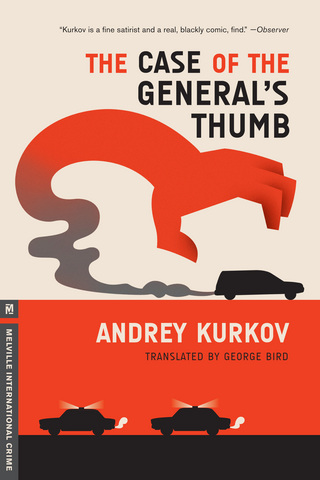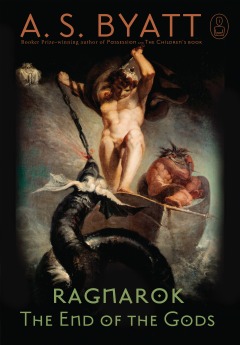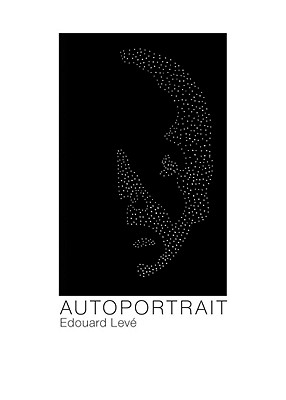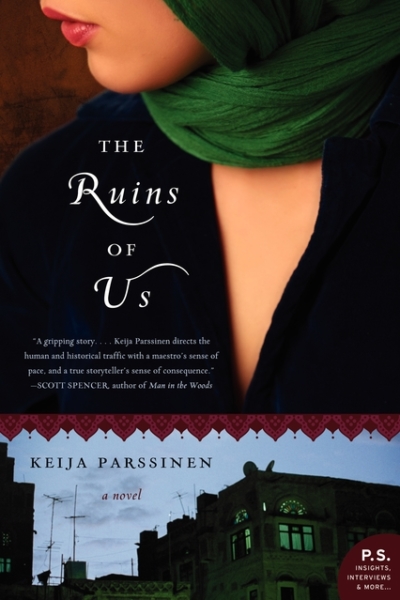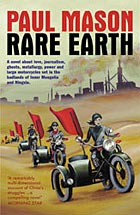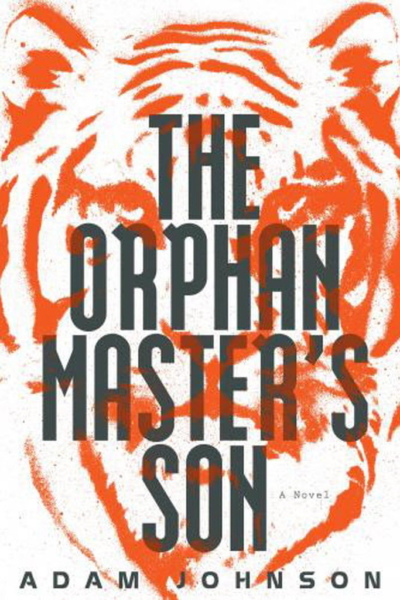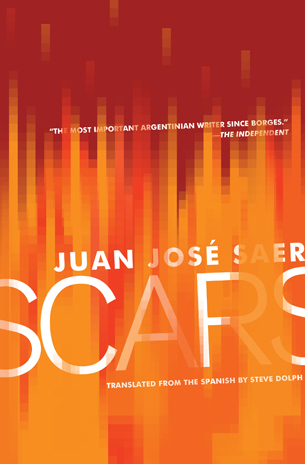The Case of the General’s Thumb – Andrey Kurkov
This undercurrent of cultural commentary carries GENERAL’S THUMB farther than the story itself.
Ragnarök: The End of the Gods – A.S. Byatt
Byatt manages to fill even this little book with her characteristic dense, glossy prose, each page carefully embroidered with beautifully knotted images.
Looking at a given artist’s self-portraits over time, it’s impossible to focus on the changing image of a self, without wondering about the forces that changed that person. Vincent Van Gogh comes to mind, before and after cutting off his ear. Levè bucks this mentality.
The Ruins of Us – Keija Parssinen
A novel about place written for people who are not from that place.
The Flame Alphabet – Ben Marcus
If language is indeed an elusive phenomenon whose power exceeds our capacity to wield it, this is a proposition that comes to our attention because it is advanced directly, in no uncertain terms…not because the novel itself embodies the idea aesthetically.
Rather than leaving readers to guess what has been left out, as in a news article, Rare Earth forces readers to filter reality through its virile, imaginative expanse.
Satantango – László Krasznahorkai
It’s a bestiary of pathetic individuals worthy of Chaucer, Dickens, or some of the more involved Bob Dylan songs.
Dyer’s many digressions are all attempts to describe a relationship to a single piece of art in something approaching fullness.
The Orphan Master’s Son – Adam Johnson
The Orphan Master’s Son is beautiful, heart-breaking fiction. But to write of things that some would call genocide as, “the slow endless pitch of everything to come,” is just too lovely, too contemporary, too literary.
The killer says one sentence, “The pieces can’t be put back together.” Then he jumps out the window.


